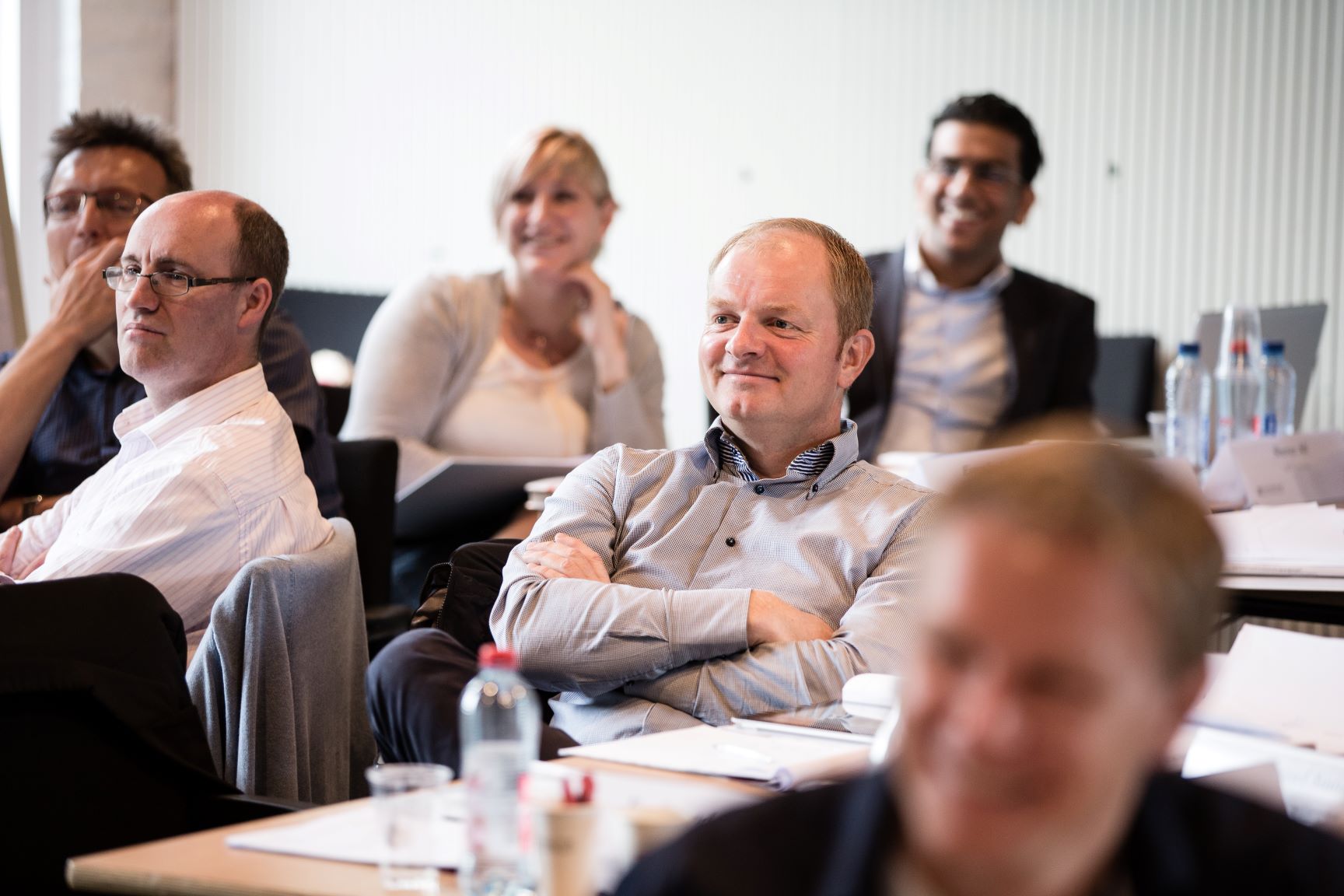We are going through a social revolution towards a digital society, states Professor Bob de Wit in his emeritus lecture. "We can use AI to help humanity move forward, which requires the development of a citizen-driven system."
De Wit is Professor of Strategic Leadership at Nyenrode Business University. “As early as 2015, I realized that digital technology would bring about major changes. With the advent of Artificial Intelligence (AI), these changes have become even more fundamental than I initially thought. This technology has consequences for almost all parts of society, leading to major transitions and uncertainties.”
Big data
In his emeritus lecture, De Wit argued that we are in a societal revolution, moving towards Society 4.0. This was preceded by the feudal agrarian society (Society 1.0), a society dominated by traders (Society 2.0) and the industrial society (Society 3.0). “Industrial mass production is no longer the main source of economic value creation at this moment. That is big data, which digital technology companies generate. And although AI has been around for a while, the arrival of ChatGPT has really made people realize the consequences of this technology.”
In his argument, De Wit uses the year 2030 as the year in which AI will surpass humans in terms of IQ. This year ties in with the United Nations Agenda 2030 to ‘build a greener, fairer and better world by 2030’ based on 17 Sustainable Development Goals. Although De Wit agrees with these goals, he finds the Agenda lacking in how citizens are involved in achieving them. He also warns about the shifting balance of power between countries (nation states) and the world's largest corporations, which are now richer and sometimes even more powerful than most countries in the world (corporate states). "These developments pose a real threat to democracy."
Self-organization
However, De Wit also sees another possibility, in which AI is actually used to serve democracy and connect people horizontally. “AI may surpass humanity in IQ, but we must not forget that interpersonal relationships and wisdom are what set us apart from any technology. Therefore, we do not need top-down control, but bottom-up self-organization. This law of self-organization is visible in nature, for example, in flocks of birds and schools of fish. They may be ignorant individually, but they exhibit intelligent behavior, also called ‘swarm intelligence’. This also applies to humans. A famous example of this is Francis Galton's statistical experiment, in which 800 visitors to a market in Plymouth were asked to guess the weight of a slaughtered ox. None of the visitors guessed the correct weight, but the average of these visitors was 1,207 pounds, less than 1% of the actual weight of 1,198 pounds. Thanks to digital technology, it is becoming much easier to enable horizontal connections and swarm organizations. Because swarm intelligence applies to all large groups of people, it can also be used in democratic decision-making. Democracy uses the knowledge of the people and is therefore a more intelligent form of organizing society than a hierarchy controlled by a few.”
Democratic control
In order to serve the interests of citizens, they should determine for themselves which knowledge is stored in an AI system, according to De Wit. This system combines collective knowledge, thereby generating swarm intelligence and swarm wisdom. “The AI system must be designed in such a way that citizens are democratically involved in important decisions. An example of such an application is a ‘Democracy app’, in which every individual is involved in decisions that concern that individual. This may involve issues in the immediate surroundings, such as the construction of a road. However, it can also concern matters that affect individuals personally and extend beyond regional boundaries, such as human rights, plastic soup and biodiversity. From the large amount of answers, AI extracts patterns and develops a number of choices with a suitability score based on an IQ of 500. Subsequently, the population makes a democratic decision."
Finally, to unite the interests of citizens with those of the corporate states, De Wit advocates for the global design of a new ‘House of Thorbecke’ (symbolic rhetoric referring to a decentralized unitary state as designed by Dutch politician Johan Rudolf Thorbecke). In this model, power is distributed fairly, with the aim of keeping government as close to the citizens as possible. “In the run-up to Society 4.0, we must strive for a route in which the interests of citizens are taken into account and where there is sufficient democratic control,” De Wit concludes.
Related programs
-
Management of AI and Cyber Security
Start date: April 7, 2025Language:- English
Location:- Breukelen
The module Management of AI and Cyber Security is part of the Modular MBA Business & IT and focuses on the threats of cyberattacks and the opportunities of Artificial Intelligence.
View program

